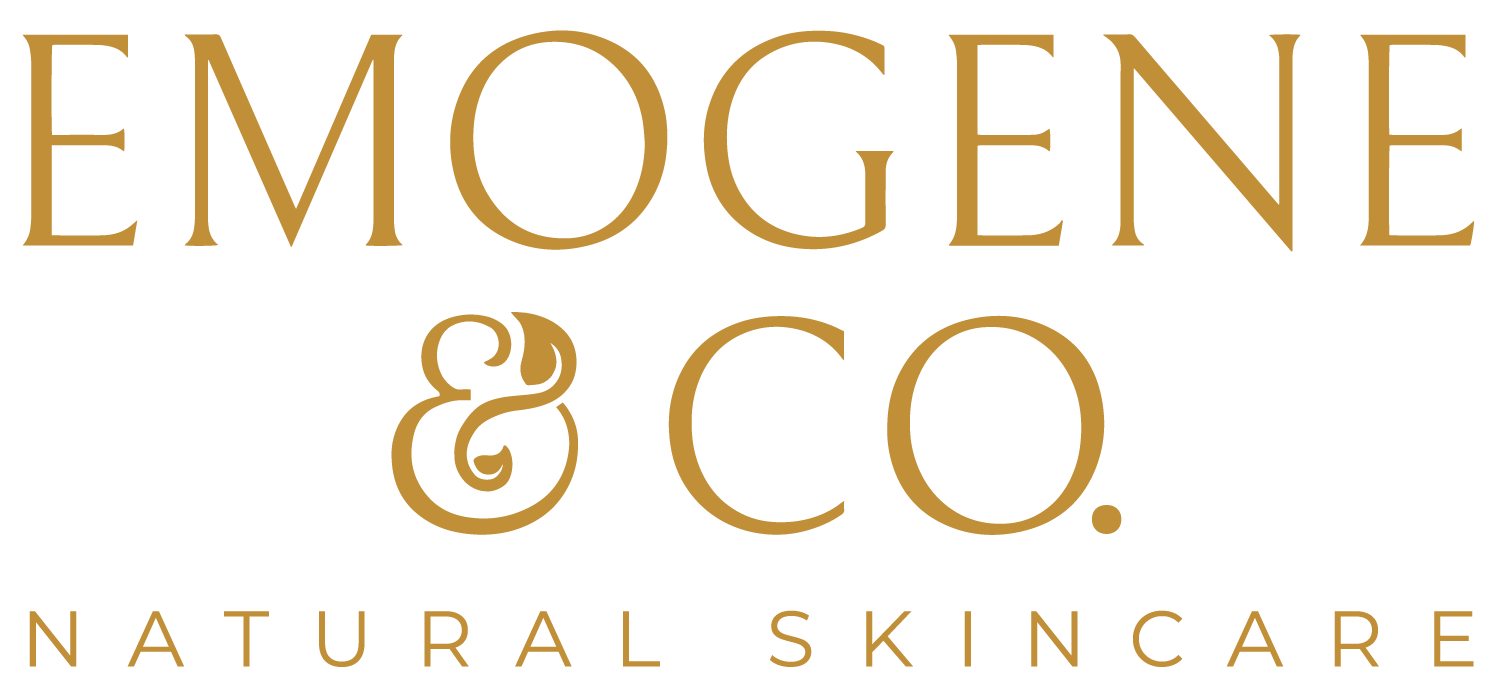Collagen, the most abundant protein in your body, accounts for about 30% of its total protein. Collagen is the primary building block of your body’s skin, muscles, bones, tendons and ligaments and other connective tissues, where it’s main role is to provide structure, strength and support throughout your body.
Collagen’s specific roles include:
- Helping fibroblasts to form in your dermis (middle skin layer), which helps new cells grow.
- Playing a role in replacing dead skin cells.
- Providing a protective covering for organs.
- Giving structure, strength and elasticity to your skin.
- Helping your blood to clot.
Collagen is made from four amino acids, which are the building blocks for protein: proline, glycine, lysine and hydroxyproline. These amino acids are grouped together in a form known as a triple helix, and that is what makes up collagen. For this triple helix to be formed, adequate vitamin C, zinc, copper and manganese in your diet is mandatory.
Within the human body, 29 types of collagen have been identified, with three types making up the vast majority.
These are the types you'll usually find in a collagen supplement:
-
Type I
This type is found in bones, ligaments, tendons and skin for elasticity and strength. The supplement source comes from bovine and fish. -
Type II
This type is cartilage. The supplement source comes from chicken cartilage and joint. -
Type III
This type is found alongside type I in skin, blood vessels and internal organs. The supplement source comes from bovine.
Unfortunately, as we age, we begin to lose the collagen within our body, and our natural production slows significantly. Luckily, there are several ways, including topical treatments and oral supplements to aid in continuing adequate collagen formation in the body. Here, we will focus on a few oral supplements.
Supplements for Increasing Collagen Production
From a general health perspective, it is important to ensure adequate protein within your diet. As you age, your protein needs increase slightly to maintain lean body mass. Consuming foods that contain the primary amino acids that make up collagen may help support skin, hair, nail and joint health as you age.
Foods that are wonderful sources of glycine, proline, lysine and hydroxyproline include:
- Bone broth.
- Unflavored gelatin.
- Aloe Vera
- Legumes.
- Non-genetically modified soy, such as tofu.
- Spirulina.
- Animal sources, such as red meat, poultry, pork, fish and eggs.
To support the formation of collagen, it is also important to ensure adequate intake of foods that contain vitamin C, zinc, copper and manganese. These nutrients can be found by eating a varied diet rich in fruits and vegetables, including green leafy and root vegetables, along with nuts and seeds — especially hemp, pumpkin and cashews. If you do not get enough green leafy vegetables in your diet, I specifically like this as a supplement.
Similarly, oral intake of hydrolyzed collagen is becoming a mainstay for oral collagen supplementation options based on several meta-analysis studies assessing the clinical benefits of hydrolyzed collagen, specifically from a marine source. A daily 12 week supplementation exhibits effective reduction in skin aging, reduction in wrinkle formation and improvement in skin elasticity and hydration. I am a huge supporter of Agent Natuer Marine-Sourced Collagen which is abundant in over 30 trace minerals, including silica, magnesium, calcium and potassium that support the appearance of optimal hair, skin and nail health. Bioavailable amino acids activate the feel of hair, skin and nail cells to produce the look of collagen and hydration. Nacre, a natural compound in pearl powder, stimulates the appearance of collagen to regenerate. The synergy of this nutrient-dense blend also supports the appearance of two important antioxidants, glutathione and superoxide dismutase, both essential for vitality.
Similarly, hyaluronic acid is a remarkable substance because of all the benefits and uses it has in your body. Hyaluronic acid:
- Helps things move smoothly. Hyaluronic acid helps your joints work like a well-oiled machine. It prevents pain and injury from bones grinding against each other.
- Aids in hydration. Hyaluronic acid is very good at retaining water. A quarter-teaspoon of hyaluronic acid holds about one and a half gallons of water. That’s why hyaluronic acid is often used for treating dry eyes. It’s also used in moisturizing creams, lotions, ointments and serums.
- It makes your skin flexible. Hyaluronic acid helps skin stretch and flex and reduces skin wrinkles and lines. Hyaluronic acid is also proven to help wounds heal faster and can reduce scarring.
I highly recommend daily oral supplementation using hyaluronic acid as well as topical hyaluronic acid application to aid in hydration internally and externally. Personally, I use this one.
Lastly, Saw Palmetto (also known as Serenoa serrulat) is a palm plant that grows in the southeastern region of the United States, and is used as a dietary supplement to potentially help with issues caused by excess testosterone levels, by blocking a conversion of testosterone to a more potent form, called DHT. Saw palmetto is most commonly a therapy considered for males with BPH (benign prostatic hyperplasia).
Additionally, it is claimed when combined with hydrolyzed collagen and hyaluronic acid supplements, saw palmetto works with the other supplements to improve skin and hair, and help increase collagen production as a result of blocking DHT. It is also claimed to help in regulating overproduction of sebum production as well. The saw palmetto I personally take is this one.




